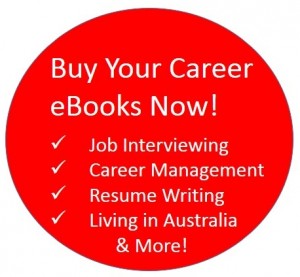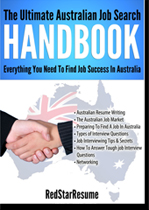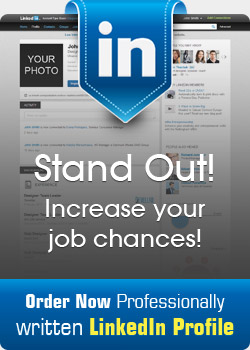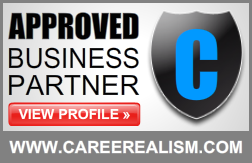 How often have you taken the time to think about what really interests you at work, what has perhaps shaped the career choices you have made so far? Think about those times when you get really absorbed in something, the time flies by doesn’t it? Why is this important? Because it’s all about bringing more of yourself to work. When you really enjoy what you do, you are more likely to perform well and be satisfied with your career. What comes to your mind when you think of career satisfaction?
How often have you taken the time to think about what really interests you at work, what has perhaps shaped the career choices you have made so far? Think about those times when you get really absorbed in something, the time flies by doesn’t it? Why is this important? Because it’s all about bringing more of yourself to work. When you really enjoy what you do, you are more likely to perform well and be satisfied with your career. What comes to your mind when you think of career satisfaction?
For me career satisfaction means being connected to a cause. I like to know that there is some real meaning behind my work and that what I am doing is helping everyone with their personal development and this motivates me to continue working and trying to succeed in my work. Other people might define career satisfaction by working with people who empower you and having a greater cause. Also, career satisfaction could be solving problems and filling a gap or reward and recognition. Some examples could be adding value or being interested in your work or working with great people.
All this to say that career satisfaction means different things to different people. Over several decades, countless studies have been conducted to discover what makes people satisfied at work. Research has found that interests, motivators and abilities are the 3 factors that lead to career satisfaction.
Interests
Career interests are the most important of the 3 factors because interests are a part of our core and are stable and they stay with you through your lifetime. The definition of an interest is something that is deeply held that you absolutely connect with – you want to learn more about topics. An example of this is if you really love analysis or new technology. These stay with you throughout your lifetime. My nephew is fascinated by legos and he has an entire room filled with legos. He I am sure will be connected to engineering and building activities for the rest of his life just like his father was because he has an interest in the inner workings of things. My high interests are coaching and mentoring and when I look back at my childhood, I was always helping my group of friends put together goals and since I was the first one to apply to college, I helped all my friends with the application process and test process so that they could get into their dream college as well. What are some interests that you have? Can you see your interests evident in your childhood like I can?
Motivators
Then we have motivators, which can also sometimes be called values. These are the rewards each of us needs. Some examples of motivators are flexibility, lifestyle and intellectual challenge. Motivators are really important to be aware of to make sure you are aligned in a job correctly and it is also important to remember that your motivators can change based on your current life situation. One of my motivators is altruism which means that I have satisfaction of regularly helping others with their individual and business concerns and this fits perfectly in my role at work as a consultant because I get to help my client.
Abilities
Abilities are your skills – this is what we focus more on in the professional world. But this is just one part – skills are like muscles, you build them up if you must also have an interest in them to want to be satisfied in your career. Some people are drawn to career paths because they have the ability and like the rewards, even though they aren’t interested. After a short period of success, they lose interest and either quit or just work less productively.
So now that you have thought about your interests and motivations and what career satisfaction means to you, how you can apply what we learned today in your future career path?
Classy Career Girl, a blog written by Anna Runyan, provides advice to young professionals on how to be classy as they climb the corporate ladder. Her blog covers topics such as business chic fashion, career motivation, personal development, networking, and office etiquette. Connect with her at http://www.classycareergirl.com. If you would like to learn more about how to find a career that you love to go to everyday, check out her free video training series at http://www.getmycareerunstuck.com.





















